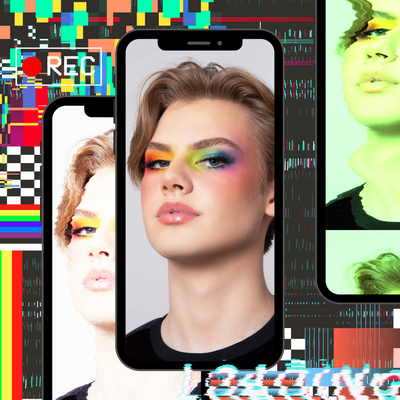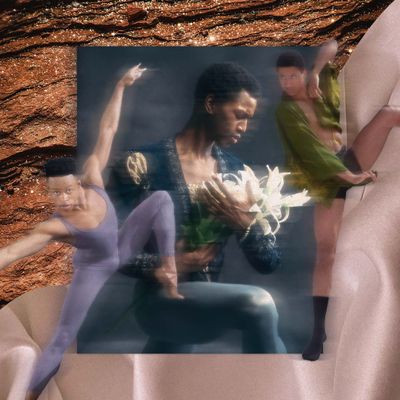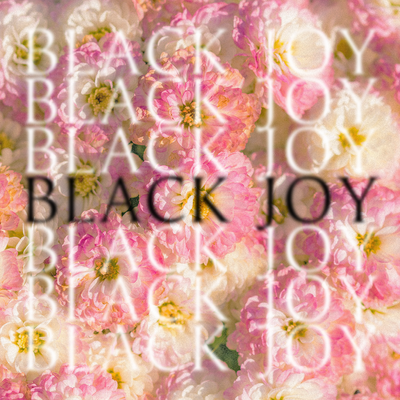My French history teacher often said, “There are no races. There is only one race, and it’s the human race.”
While this seems like a noble sentiment at first, it’s actually insidious. Sure, it’s idealistic to think that there is only a human race and no other races but a quick browse through history clearly begs to differ. I’m French but biracial – my dad is from Cameroon. As an adult I’ve come to understand France and its often ugly imperialist past.
SEE ALSO: What it’s like to build a brand as a Black entrepreneur: ‘You get ghosted a lot’
In France, it’s illegal to define people based on their race and conduct statistical studies on racial representation. Unlike the U.S. where there are Censuses given, it’s against the law to categorize anyone by their ethnic origin. This is due to the French society’s principle of assimilation. Whatever your origins and despite the cultural differences you may have, all of that needs to be put aside in order to conform to the dominant French culture. Of course, this is all too convenient given that France is overwhelmingly White.
This is why a lot of my Black friends who grew up in France don’t have the same impetus to explore their Black cultures or bond through the Black experiences like my American and British counterparts do. While we can easily recall the racist history of the British Empire, America’s Jim Crow segregation, or South Africa’s Apartheid, France’s insistence on mandating color-blindness as an official public policy casts a convenient veil over its own dark history. The country’s swept all the problematic issues that stemmed from French colonialism under the rug and instead of confronting it, pretends it’s never existed.
A lot of French White people I know love to say that racism doesn’t exist anymore because they don’t see color. Yet there’s almost zero representation of BIPOC in most top universities, top employers, media, government, etc. BIPOC’s are extremely scarce, and when there is one present, he or she is often made fun of with derogatory racist terms like “bamboula,” “monkey,” or “banana eater.” This happened to Christiane Toubira, the French Minister of Justice and one of the first Black women in politics, who was described as a “Clever monkey that found her banana,” on the cover of the weekly French newspaper Minute.
Because of this lack of representation, certain stereotypes perpetuate themselves, and if you have a last name that sounds non-French in pronunciation, it’s likely you may face discrimination in employment and housing applications.
As a Black French citizen, I’ve personally experienced the negative effects of French color-blindness. At fashion school in Paris, three other Black students and I were interested in creating a Black support group, similar to ones seen on American or British college campuses. But people banding together publicly based on ethnicity is so antithetical to Frenchness that when we reached out to other French BIPOC’s, our request was met with crickets.
I’m half French and half Cameroonian, and when I moved to the United States at the age of three, my mom made it a point to teach my brother and me everything about race, from American slavery, the KKK, Jim Crow segregation, to the civil rights movement. When I was about 5-years old, I saw Martin Luther King Jr. as my personal hero. Every time I saw images of lynchings, whippings, or the assassination of Martin Luther King Jr., I welled up and felt traumatized as if it were all a part of my own personal history, even though I’m not an American citizen.
But my French Black or mixed-race friends back in France don’t necessarily have that same emotional pull about racism, because it’s simply not taught anywhere in the French curriculum. At school in French history classes, we barely brushed upon France’s problematic colonial past and subsequent consequences.
The French government gave automatic citizenship to many nationals from newly independent colonies in the 60s and 70s so they could immigrate to France and rebuild what was destroyed after World War II. Yet, despite those immigrants and subsequent second and third-generation French people’s contributions to the country, many White people still have the audacity to tell BIPOC French citizens to their face that “You should go back to your country!”
I experienced this type of blatant racism whenever I vacationed in Brittany, a western province of France, to visit my grandparents. Some passersby stared at me and exclaimed that because of my nose, hair, and complexion, I shouldn’t be there, that I’m not French. And sadly, many people with my complexion or with darker shades have experienced the same thing. It’s exhausting and I’m tired.
Since, I’ve been hopeful because the Black Lives Matter movement has proliferated in France and hundreds of thousands of people joined in the protests. It’s about time that France has a national discussion about what it so often swept under the rug and it’s a day of reckoning. Here’s to talking unabashedly, proudly, uncomfortably about race.






